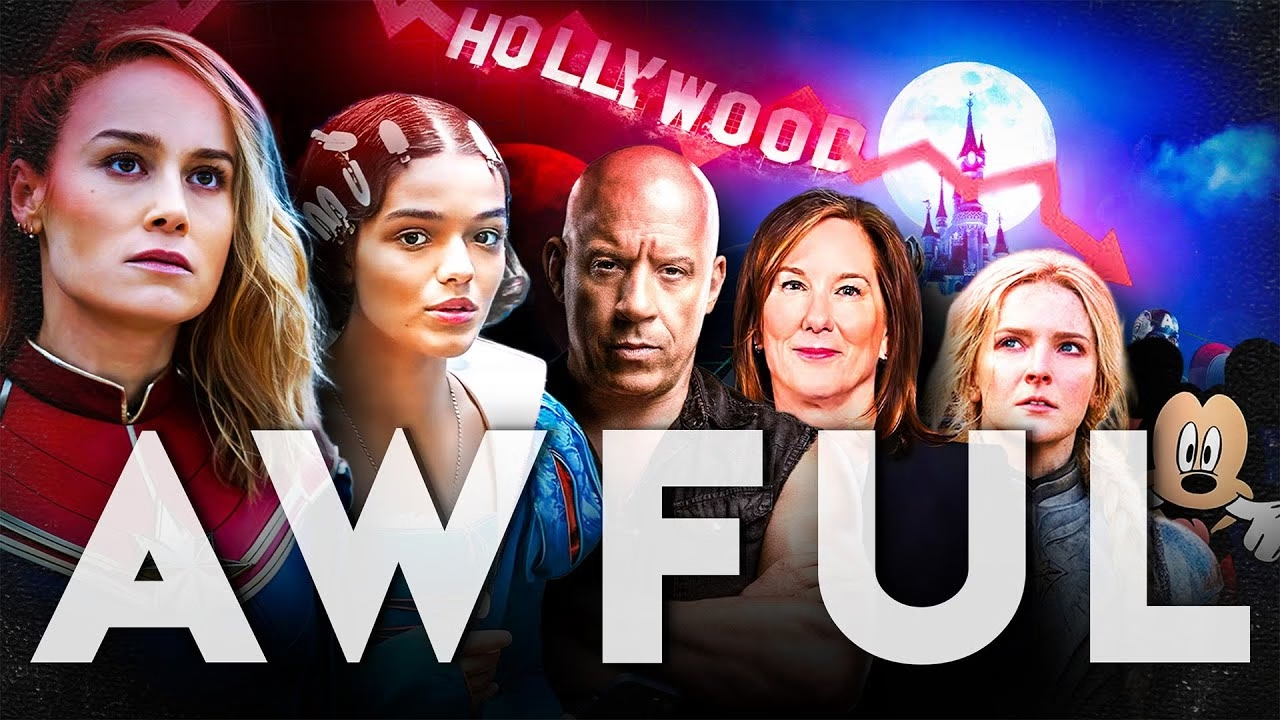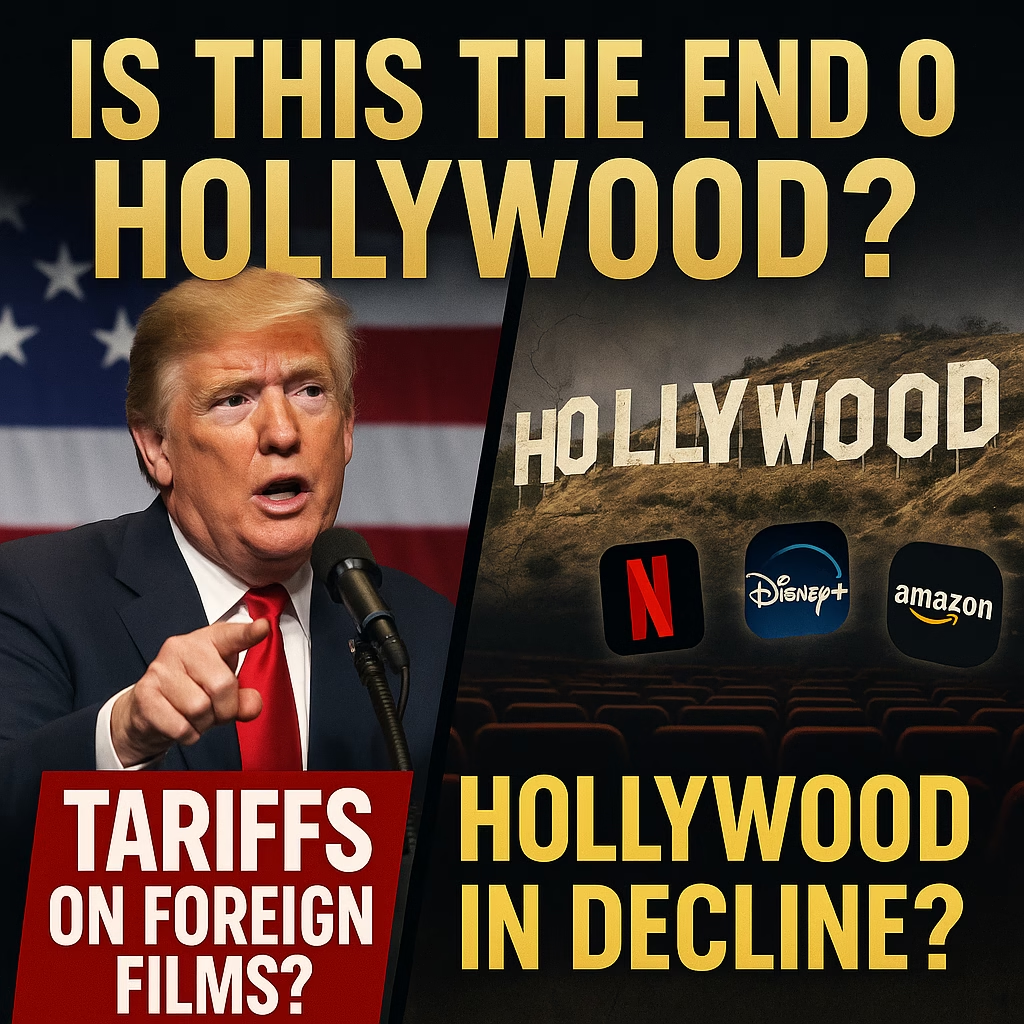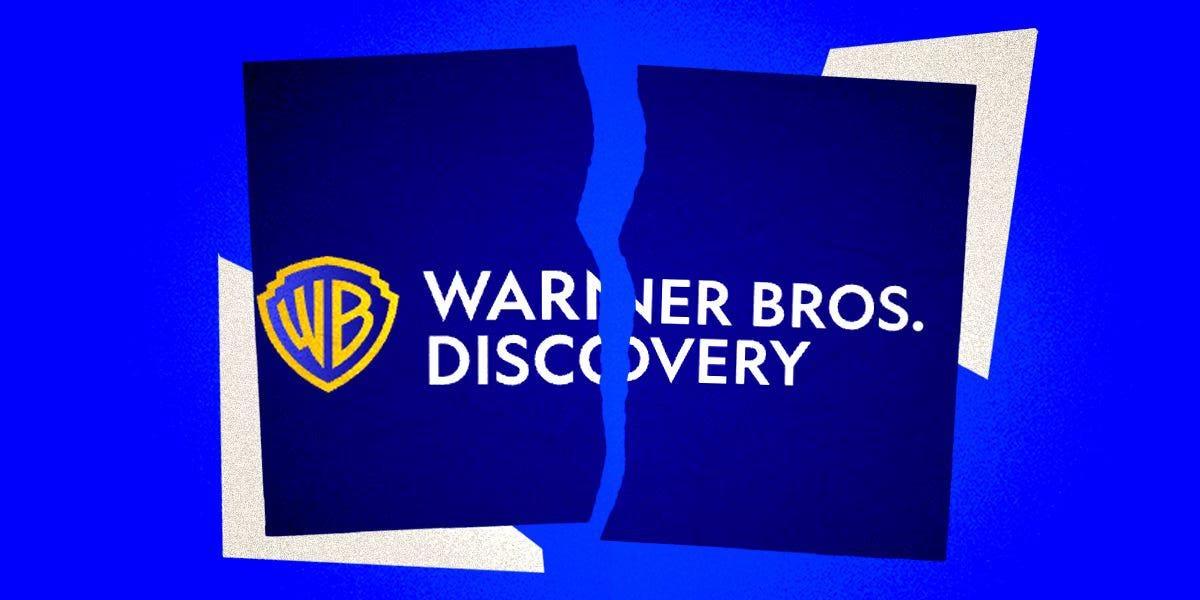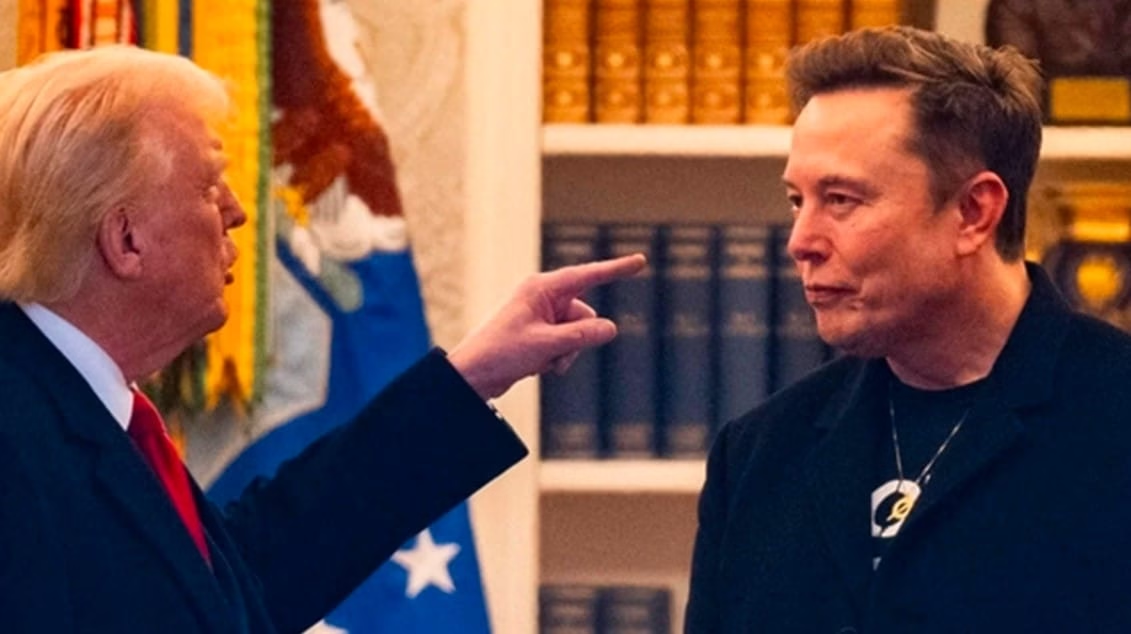As former President Donald Trump revives rhetoric around placing tariffs on foreign films in a bid to “protect American culture,” a bigger question looms over Tinseltown: Is Hollywood truly in decline?

While political moves like tariffs make headlines, analysts and insiders say the real story is more nuanced — pointing to a broader transformation driven by global competition, shifting viewer habits, and internal economic pressures.
Global Forces Reshaping Entertainment
Once the undisputed center of global filmmaking, Hollywood now faces stiff competition from international powerhouses. South Korea’s surge in cultural exports — from Oscar-winning Parasite to Netflix’s Squid Game — has captivated global audiences, while China and India continue to build massive domestic markets with international ambitions.
“Hollywood no longer has a monopoly on storytelling,” says cultural analyst Mei Lin. “Audiences are more willing than ever to engage with non-English content.”
Meanwhile, China, once a key growth market for U.S. studios, has tightened restrictions on foreign films, favoring homegrown productions.
The Streaming Shakeup
The rapid rise of streaming has turned Hollywood’s business model on its head. Giants like Netflix, Apple TV+, and Amazon Studios are reshaping how content is funded, produced, and consumed. Theaters, still recovering from the COVID-19 pandemic, struggle to draw audiences outside of blockbuster events.
Recent box office underperformances — including expensive tentpole films like The Marvels and Indiana Jones and the Dial of Destiny — underscore the growing risks of high-budget productions in a fragmented market.
Economic and Labor Strains
In 2023, Hollywood was rocked by dual strikes from writers and actors demanding better residuals from streaming and safeguards against AI. The strikes delayed major productions and sparked widespread industry reflection.
“The old system is breaking down, and a new one hasn’t fully taken shape,” says entertainment economist Dr. Carla Reaves. “Studios are still figuring out how to make streaming sustainable.”
Audience Fatigue, But Not Apathy
Superhero franchises — long the backbone of Hollywood’s success — are showing signs of fatigue. Yet original hits like Barbie and Everything Everywhere All at Once have proven there’s still hunger for bold, innovative storytelling.
Critics say quality, not quantity, will define Hollywood’s future. “It’s not about decline — it’s about evolution,” Reaves adds.
And Trump’s Tariffs?
While Trump’s renewed calls for film tariffs may tap into nationalist sentiment, experts say the move would have limited economic impact. The global film industry is already shifting due to deeper structural changes far beyond political posturing.
Bottom Line: Hollywood isn’t dying — it’s changing. Whether it can adapt to a more global, digital, and diverse era of entertainment will determine its future. One thing is clear: the golden age of film looks different in the 21st century, but it may be far from over.



